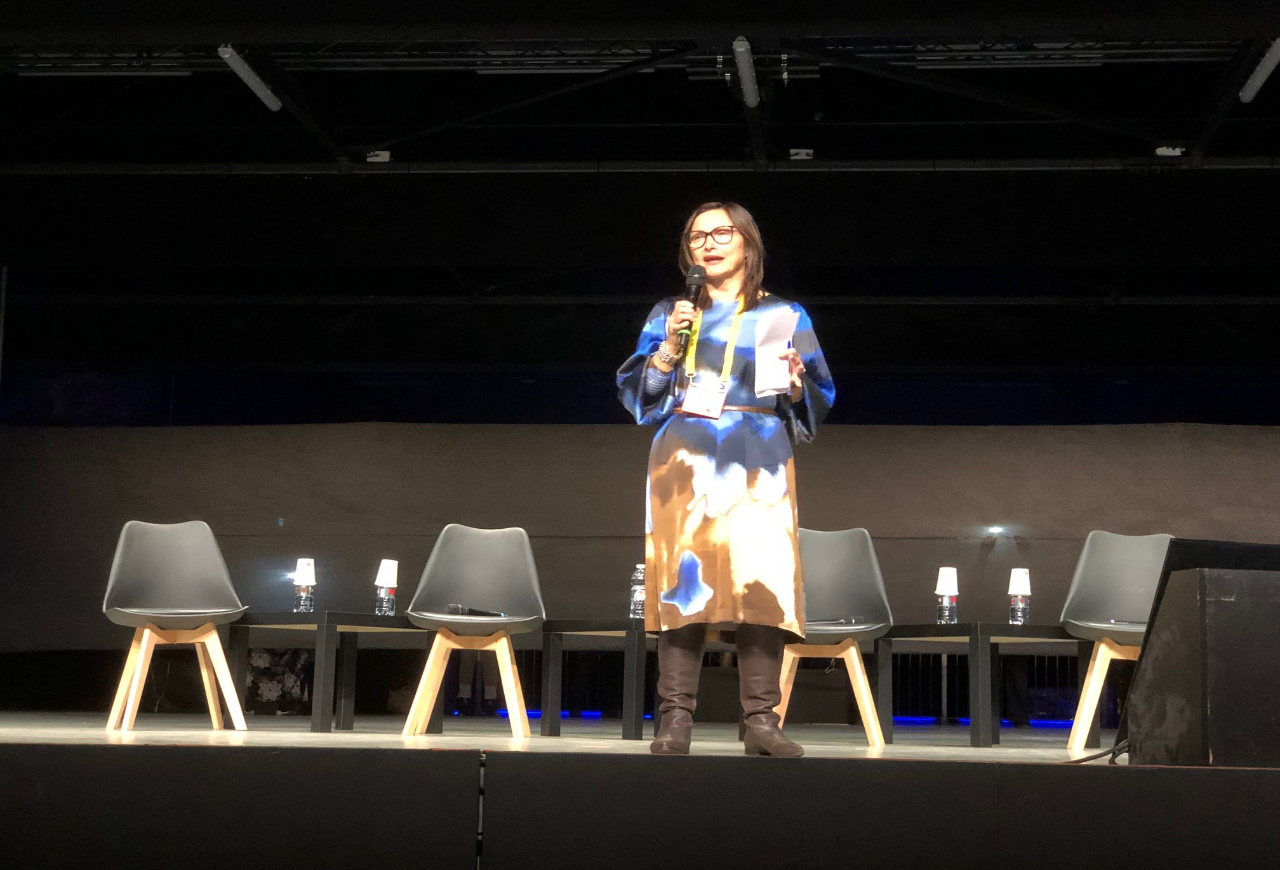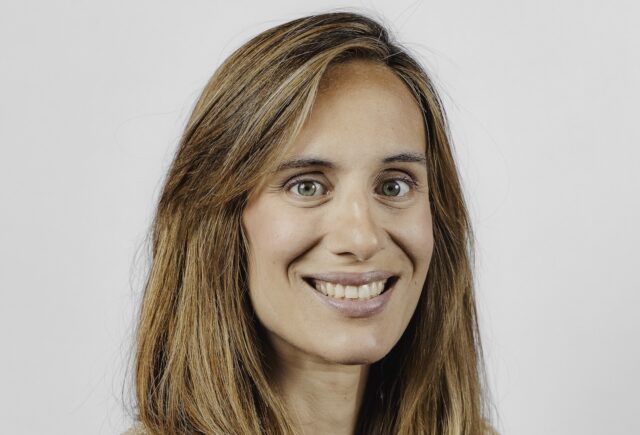EVPA, the European impact investing network, hosted its annual Impact Week in Torino from 22-24 November, with ‘Impact Together’ as its main theme.

Through impact investing, we can “connect and collaborate” our way out of a difficult patch. This is the thinking behind the 2023 edition of Impact Week by the European Venture Philanthropy Association (EVPA) – now Impact Europe – with its partners Fondazione CRT and Fondazione Compagnia di San Paolo.
With interest rates choking the money supply and global attention being lured away from impact investing by a series of “polycrises”, Impact Week decided to cast itself as an agent of positive change, a space where “impact people” find each other and regroup.
It was positioned as a space where impact fund managers, foundations and investment bankers get to meet social entrepreneurs and green-tech pioneers, and where consultants learn the true power of “catalytic capital” in different impact ecosystems.
It sounds like a hype show, but there is more substance to Impact Week than that. There is a depth of content and serious intent running throughout the EVPA network which is plain to see at the event. Impact Week is a purpose-driven melting pot.
Where ‘impact people’ go
Conversations and sessions explored the nuances of data in impact finance, citing EVPA’s Accelerating Impact market-sizing report. Impact is still only a fraction of the total market cap. The mainstream investment market in Europe is estimated at some €17.8trn, while sustainable/ESG investment reached €3 trillion or 17% of the total. European direct impact investments are estimated at around only €80bn (or 0.5%), out of which at least €32bn (0.2%) has some “elements of additionality” – positive contributions that would have otherwise not happened if not for the initial investment.
Other sessions touched on the business side of impact and the role of corporates in mobilising capital for “transformative change”, the importance of resilience during crises and in handling failure, and how to flatten the learning curve and encourage more young people into the sector, and more subjects.
Main-stage features included the ‘Impact Together’ project launch, ‘Torino Impact Parcours’ (giving start-ups a shot at pitching the investors in the room), sessions covering ‘Finance 101’ and European sustainability law, a proposal for a new ‘Impact Deal’, information about funding calls, as well as the annual ‘Impact Champions Award’.
An opening gambit
With a series of end-to-end crises befalling the markets, and signs that businesses are lowering their impact ambitions, EVPA CEO Roberta Bosurgi told the Torino audience that 2023 had certainly been a tough year for impact fund-raising.
This, she said in her opener on Day 2 of the conference, called for more ambition going forward, reflected in EVPA’s new agenda to accelerate impact “not by doing more of the same faster” but by stimulating “faster change towards an inclusive, peaceful, prosperous, and sustainable world for all”.
During ‘The Big Conversation’ session that followed, a series of “hot potatoes” were passed around the panel, including the topic of whether artificial intelligence is really that dangerous, how to regulate or control it, and what’s in it for private investors. The panellists also debated gender equality, the future of economic growth as a benchmark, and what impact investing still needs to do to make a “world by humans for humans”.
“We definitely have to talk about ‘degrowth’,” said Hans Stegeman, chief economist at Triodos Bank, and “one big hot potato that’s been around for more than 50 years” is that economic growth, production, consumption are increasingly causing environmental damage. Yet, here we are in 2023 and policymakers don’t want to hear about radical “post-growth ideas” requiring fundamental economic shifts, he said.
The session explored how capital providers do more than finance projects; they build bridges and open windows to overcome “great power competition, war, economic nationalism, tech decoupling, social unrest and cultural strife” through collective action that accelerates and scales positive change in industry, the economy, and society as a whole.
“Real change requires real efforts and extensive collaboration.” A new EU-funded initiative – also called ‘Impact Together’ – described its mission to bring “impact changemakers” from the Middle East and North Africa (MENA) together with European counterparts. The logic goes that new impact funds and opportunities should spring from enriched exchanges and policymaking dialogue within the MENA-ecosystem.
Meet an impact hero
Supporting impact for future generations was a leitmotif of the event. Co-host Fondazione Compagnia di San Paolo introduced a group of youngsters from Torino who, having learnt about impact investing fundamentals, were asked to think about a Youth Impact Agenda as “a unique challenge for impact people of the next generation”.
Mobilising finance for greater impact calls for fresh perspectives, public-private alignment, but also creativity in the way different stakeholders work together, according to the EVPA. Another session introduced solutions driving collaborative investment decision-making, and explored portfolio quality and investment value through the lens of the food system.
Several leaders from the European Institute of Technology and Innovation (EIT) presented their work and EIT Food’s Venture Summit award-winners spoke about the value of collaboration in developing investment-ready start-ups aimed at creating healthier lives through a net zero food system that was secure, fair and resilient.
Later in the day, the audience heard pitches from a number of ‘Impact Heroes’ in social innovation. Through the EIB Institute’s Social Innovation Tournament, ten top-rated businesses were invited to pitch impact investors in the audience.
One ‘hero’, Hugo Furtado, spoke about his social impact tech start-up, Dreamwaves, which uses augmented reality audio to empower the visually impaired. Another, Dora Palfi, explained how the company she co-founded, imagi, is reimagining gender inclusive coding education for young people.
Lewis Hornby, founder of Jelly Drops, presented novel sugar-free “water sweets” designed to help people, especially those with dementia, keep hydrated. And Enrica Arena, CEO of Orange Fiber, pitched her impact company’s patented textile material made from citrus juice byproducts. To prepare start-ups like these for the challenges ahead, Andrew Carlin of EIT Food said the human connection is probably the most important thing, but stressed that the tools and structures need to be in place for innovation to prosper. “You need to bring people together, be creative about how the financing works [and work with] peer groups aligned with the same impact goals -who care about the same things,” he concluded.






